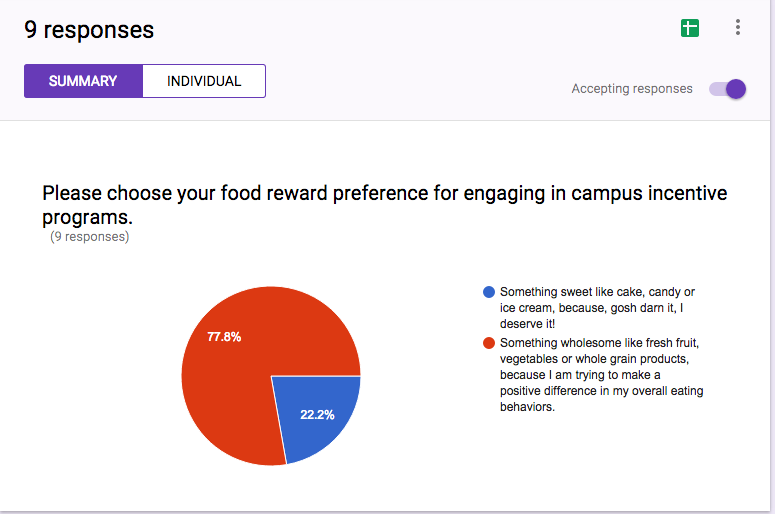I’ve always loved reading and writing. Throughout most of my education, it was never particularly difficult for me to complete English assignments, even if I wasn’t particularly engaged. I wrote the assigned essays with relative ease, even if I didn’t care about the topic, because I liked having my opinion heard. I read the books I was given, even if I hated them, because I loved reading. Reading and writing came easy to me, and I took it for granted everyone else was the same way.
Of course, it helped that I had teachers that encouraged my interests and skills. With the exception of one teacher: Mrs. Michelson, sixth grade Language Arts teacher. To this day, I don’t know what I had done to aggravate her, but she seemed to have it out for me. She actively discouraged my point of view on matters discussed in class, to the point where I stopped raising my hand or speaking up entirely. Further, she often criticized my assignments as having “too many details” or being “too long;” she only marked the issues and never gave me any praise on what I had done well. Nothing I submitted to her was good enough for her approval, nothing I said was worthy of leaving my mouth. My voice was stifled, my opinions outright discouraged. I learned to hate English class, and perhaps would still to this day had it not been for my seventh grade Language Arts teacher, Ms. Smith.
When I decided I wanted to be an English teacher, it wasn’t because I was thinking of all the supportive and wonderful English and Language Arts teachers I had had throughout the years, or all the encouragement I had received to pursue my dreams. Instead, I thought of all the burned out teachers my friends and I had witnessed over the years. I thought of all the negative experiences inside of a classroom. I thought of Mrs. Michelson. Of course I wanted to emulate the teachers who had inspired me, but more than that, I wanted to be the teacher who undid the damage of the bad teachers, the burned out teachers, the teachers who had simply stopped trying. I never wanted my students to feel the way I did in that sixth grade classroom, and in other classrooms in high school and university.
That’s why I do what I do. I like teaching English here at GCC because it gives me the opportunity to begin reversing the effects of the teachers who had wronged my students, who didn’t make them feel that they were worth listening to. I do my best to engage my students in a multitude of ways, to get them to think critically and then transfer those thoughts onto paper. The writing is usually rough and needs a lot of work, but it’s a start. The goal is to have them not necessarily “master” writing by the end of the semester, but gain confidence in their own abilities and in their own voices. They may not leave my class at the end of the semester loving reading or writing, but they see the need for it in the college and university environment. What’s more, they feel that they deserve to be in the higher education classroom.




